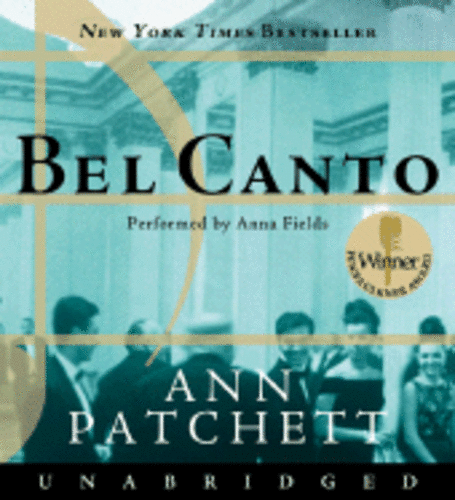

When the insurgents realise they have failed to kidnap the president of the country, who was supposed to attend but cancelled at the last minute, they take a group of guests hostage, in order to extort the release of political prisoners. Katsumi Hosokawa, which is interrupted by a terrorist attack. Set in an unnamed South American country, the novel opens on an elaborate birthday concert organised for a Japanese tycoon, Mr. In Ann Patchett’s Bel Canto this world is represented by terrorist violence. The alterity of the arts examined, literature and music, not only leads to a rethinking and redrawing of the boundaries between them but more generally enquires into the status and function of art in everyday life and the power of art in confronting a multicultural globalised world. This essay proposes to analyse the intersection between the arts at play in a fictional text dealing with music.

My analysis links the escapist aesthetics of the novel to theories of alterity and representation, enquiring into the negotiation of modernity and conservatism in fictional representations of music. Published just before 9/11, Bel Canto’s neo-imperialist assumptions of a rigid hierarchy of high western culture as opposed to a reign of chaos in the periphery reflect an outdated world picture in which music plays a rather problematic key role.

The romanticised terrorist plot becomes the basis of a contradictory discourse in which music is represented as a utopian tool, a panacea for problems of globalisation and worlding. The novel deals with a hostage-taking revolving around a fictional world-famous opera singer and an international group of businessmen and diplomats. Patchett’s novel is characterised by a web of binary constructions built on otherness, both on the levels of content and form. This essay analyses Ann Patchett’s novel Bel Canto (2001), discussing the relationship of literature and music in terms of the novel’s politics of representation.


 0 kommentar(er)
0 kommentar(er)
